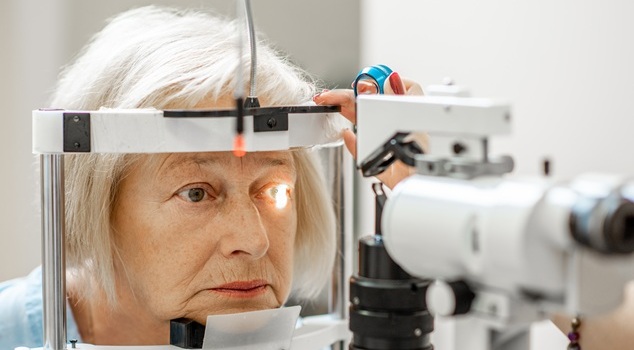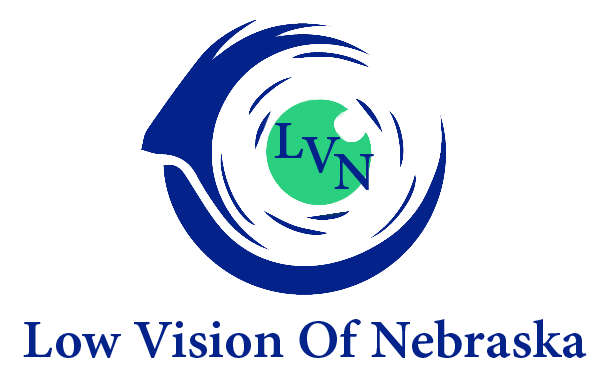
World Optometry Day is a time to recognize the importance of eye health and vision care. However, like with any sector of healthcare, there is a lot of misinformation around eyecare and this can be dangerous.
At Low Vision Of Nebraska in McCook, we believe in educating our patients so they can make informed decisions about their eye care. Let’s debunk five of the most common eye care myths and uncover the facts that will help you protect your vision.
Myth #1: Sitting Too Close to the TV Will Damage Your Eyes
Fact: Sitting close to the television may cause temporary eye strain or discomfort, but it does not cause permanent damage.
Many parents have told their children to back away from the screen, fearing it would ruin their eyesight. While staring at screens for long periods can cause eye fatigue, headaches, and digital eye strain, there is no scientific evidence that sitting too close to a screen leads to long-term vision loss. If someone feels the need to sit close to see clearly, it could be a sign of nearsightedness (myopia), which should be evaluated by an optometrist.
Myth #2: Wearing Glasses Will Make Your Vision Worse
Fact: Glasses do not weaken your eyes. They provide clearer vision but do not change your natural eyesight.
Some believe that once they start wearing glasses, their eyes become dependent on them and their vision worsens. In reality, changes in vision happen due to age, genetics, or eye conditions, not because of wearing corrective lenses. Corrective lenses are a vital tool in preventing the deterioration of your eyesight. Regular comprehensive eye exams help ensure prescriptions remain up to date and vision remains as sharp as possible.
Myth #3: Eating Carrots Will Improve Your Vision
Fact: While carrots contain vitamin A, which is essential for eye health, they do not dramatically improve eyesight.
A balanced diet rich in leafy greens, fish, nuts, and citrus fruits contributes to overall eye health. Nutrients such as omega-3 fatty acids, lutein, and vitamin C play a significant role in preventing age-related vision problems like macular degeneration.
Myth #4: If You Can See Fine, You Don't Need an Eye Exam
Fact: Routine eye exams are essential for detecting eye diseases that may not have early symptoms.
Many serious eye conditions, including glaucoma, diabetic retinopathy, and macular degeneration, develop without noticeable symptoms in the early stages. Annual comprehensive eye exams help detect these conditions before they cause irreversible damage – early detection gives both us and you the best bet at effective treatment.
Myth #5: Reading in Dim Light Damages Your Eyes
Fact: Reading in low light does not cause permanent damage to the eyes, though it may lead to temporary strain and discomfort.
While bright lighting helps with visual clarity and reduces strain, it is a misconception that dim light weakens eyesight. If reading in low light feels uncomfortable, it is best to take breaks and adjust lighting conditions for better comfort.
Celebrate World Optometry Day with Healthy Vision Habits
This World Optometry Day, take charge of your eye health by scheduling a comprehensive eye exam with our experienced optometrists. Understanding the facts about vision care ensures that your eyes remain healthy for years to come.
Book your appointment today at Low Vision Of Nebraska in McCook and prioritize your eye health.
